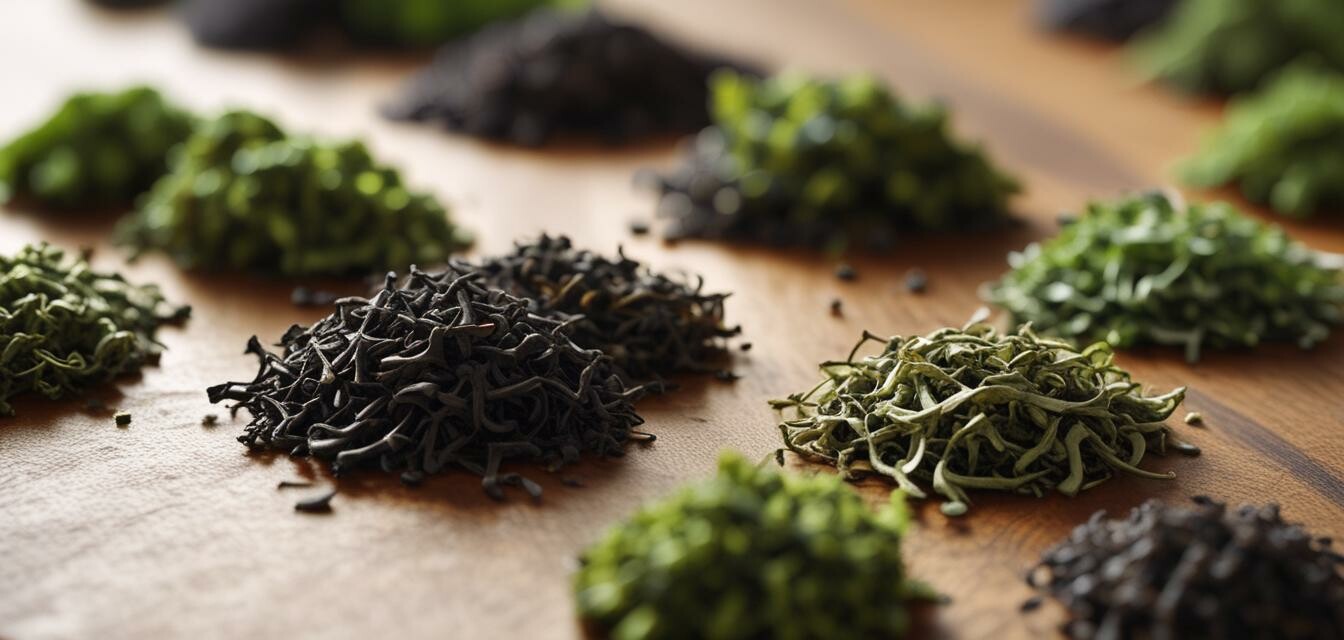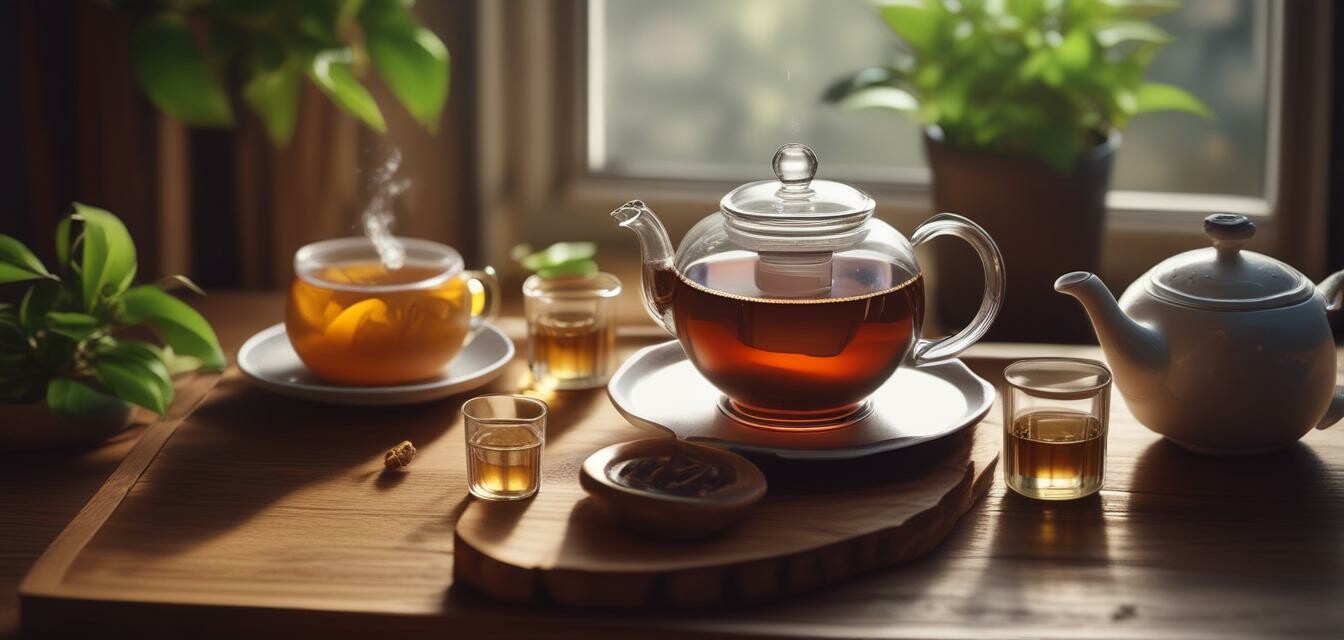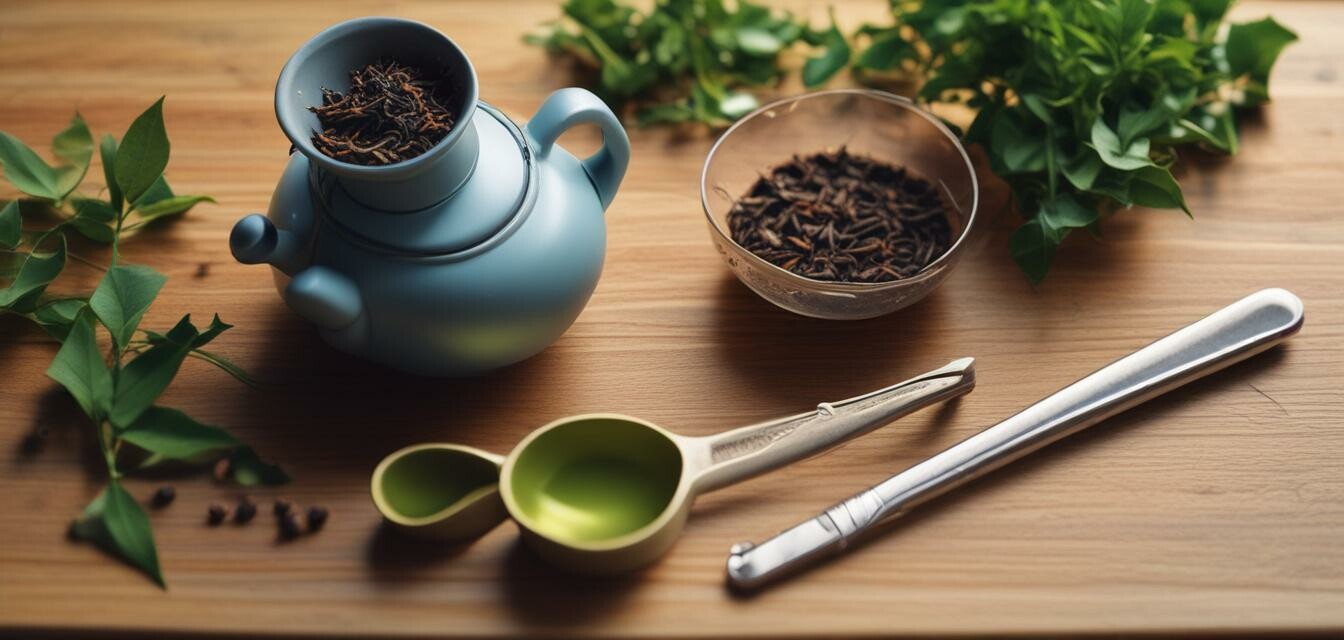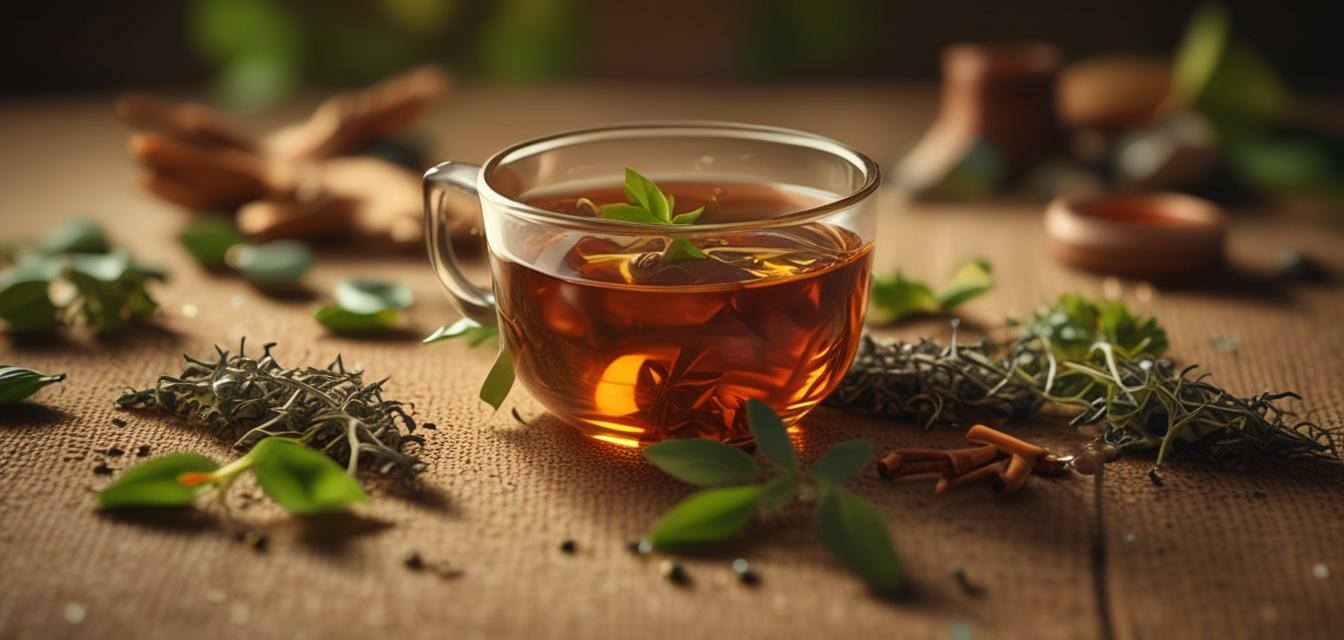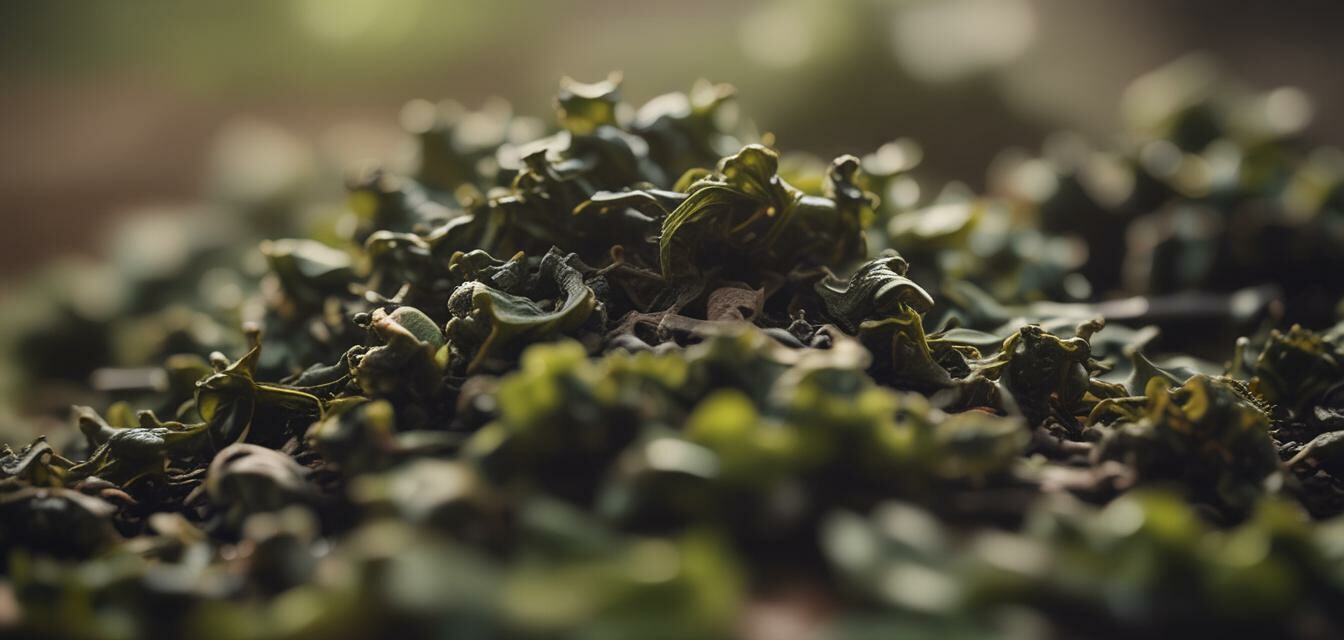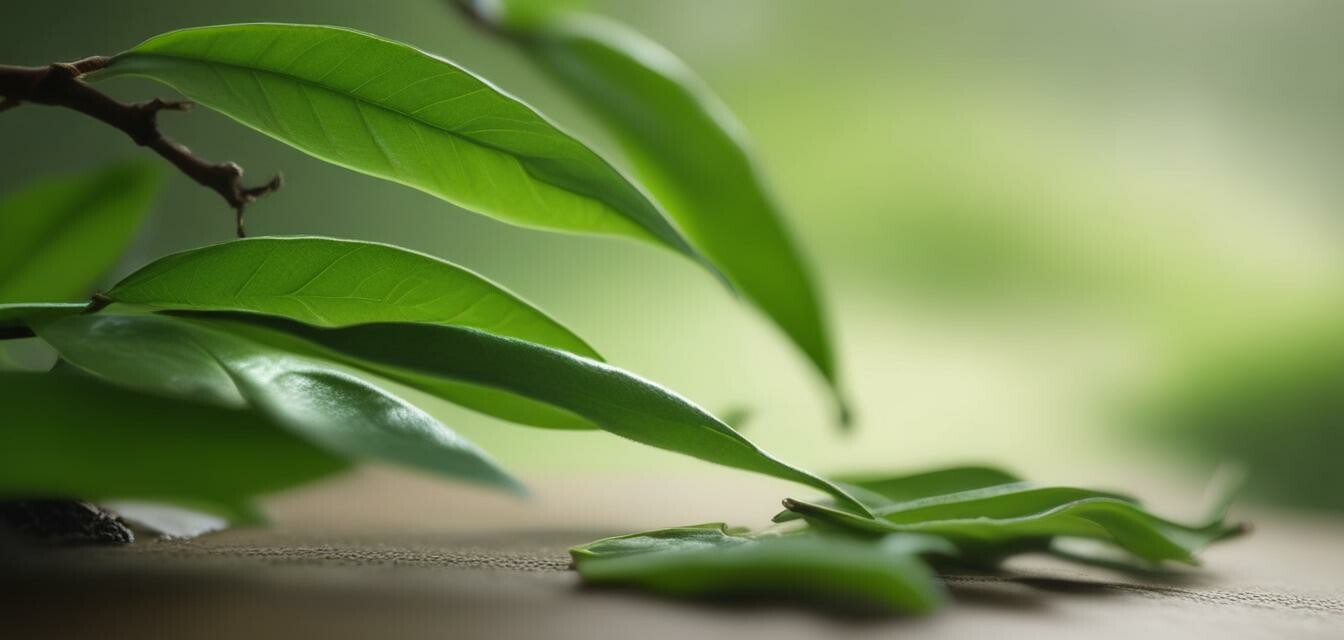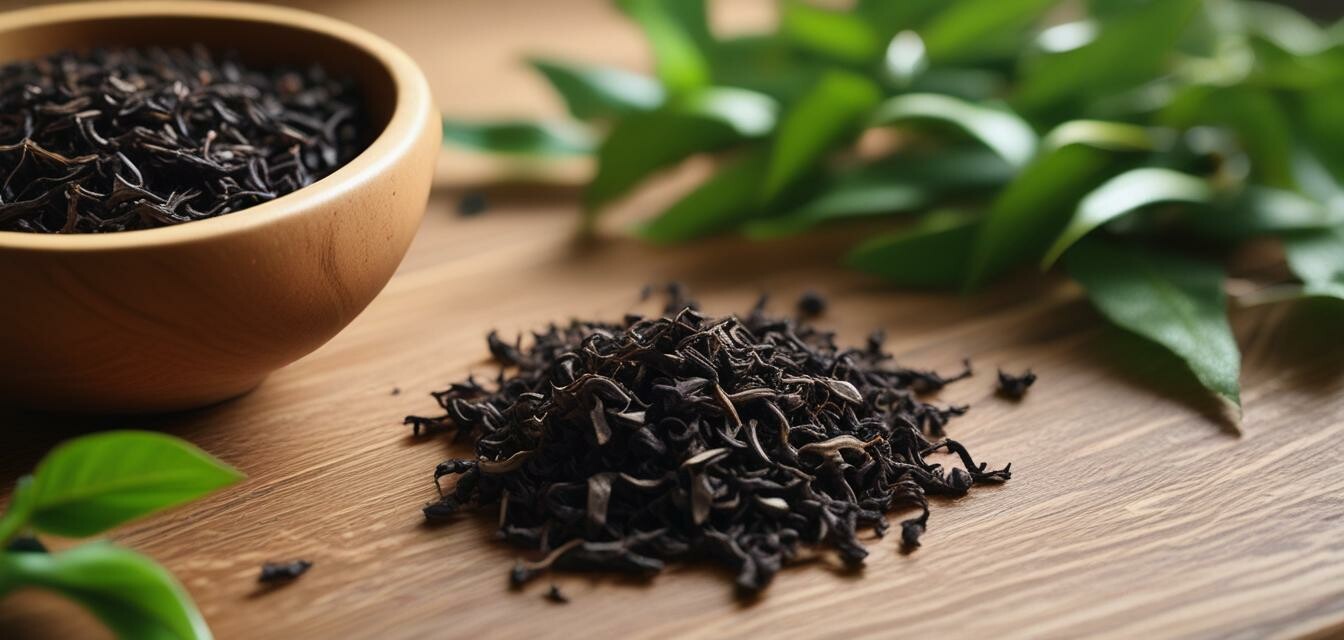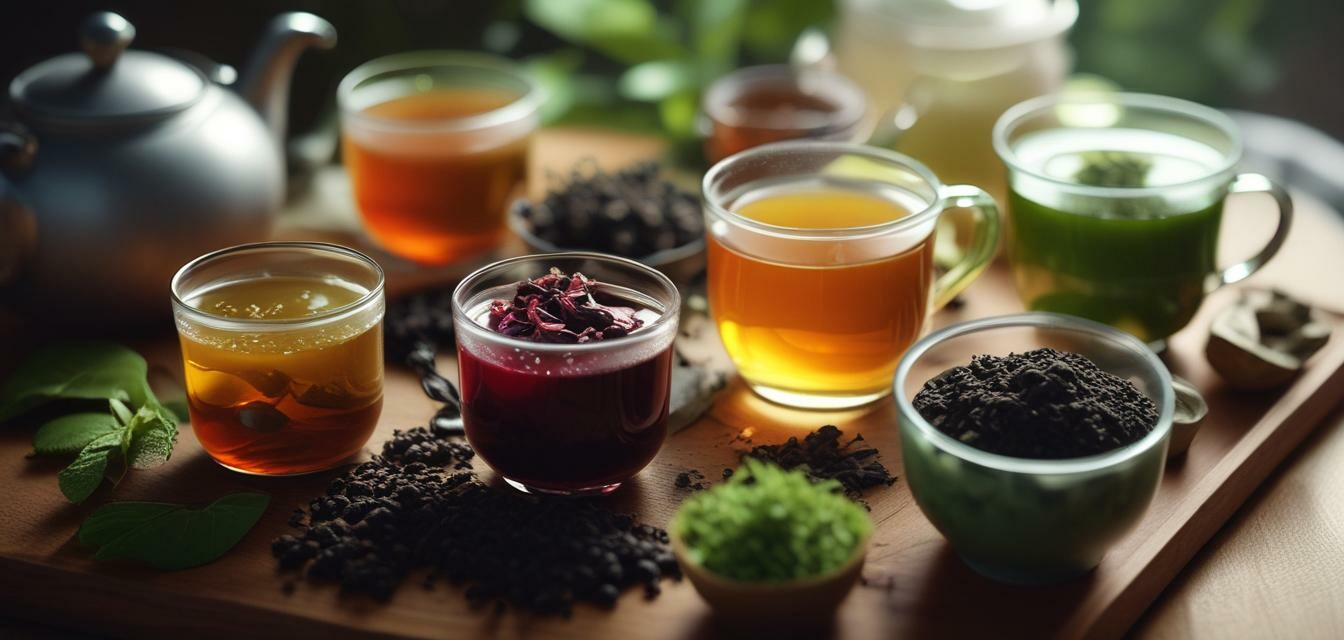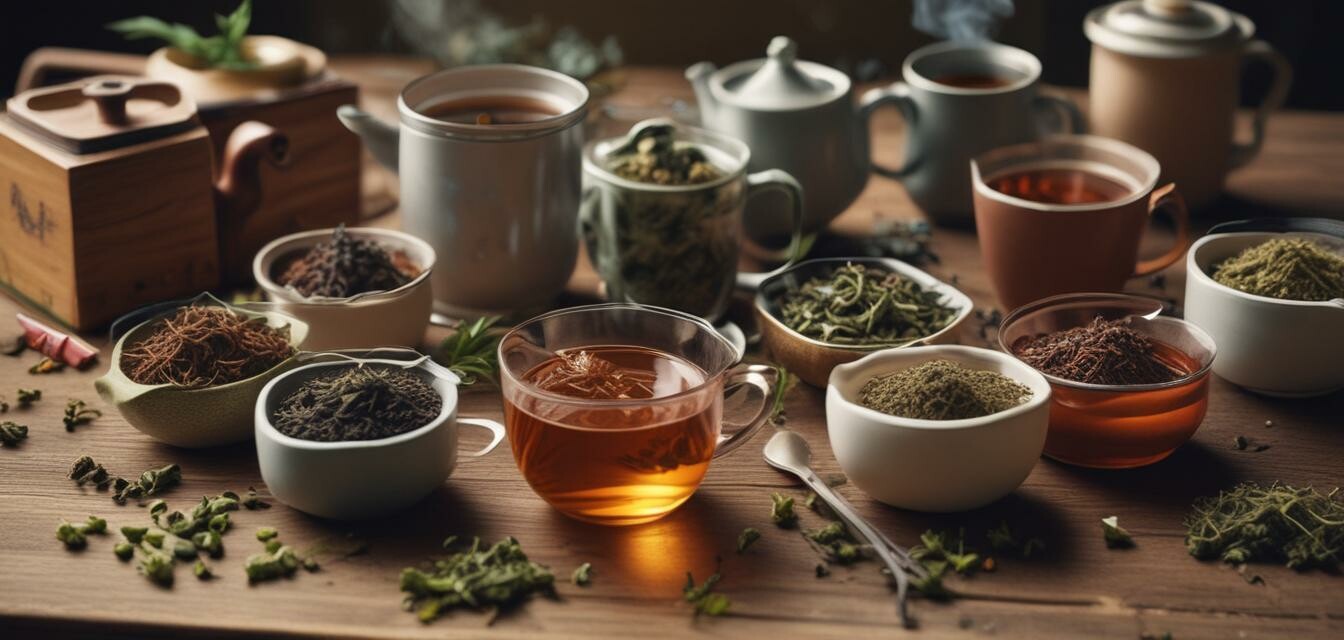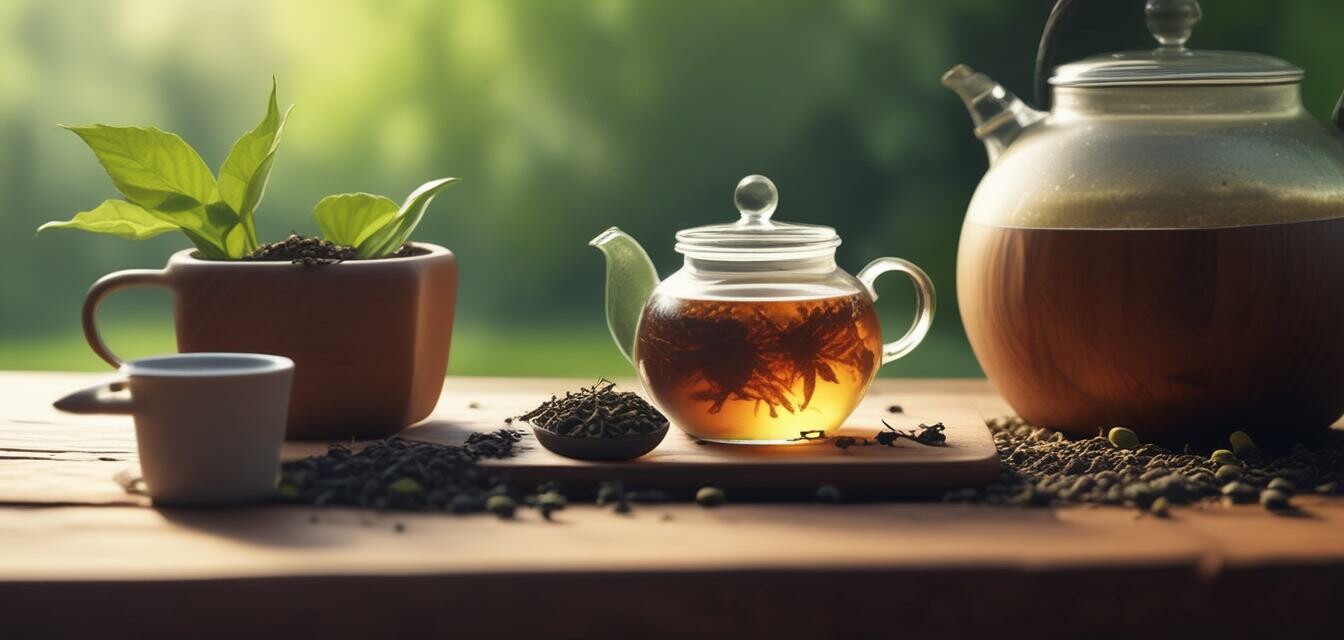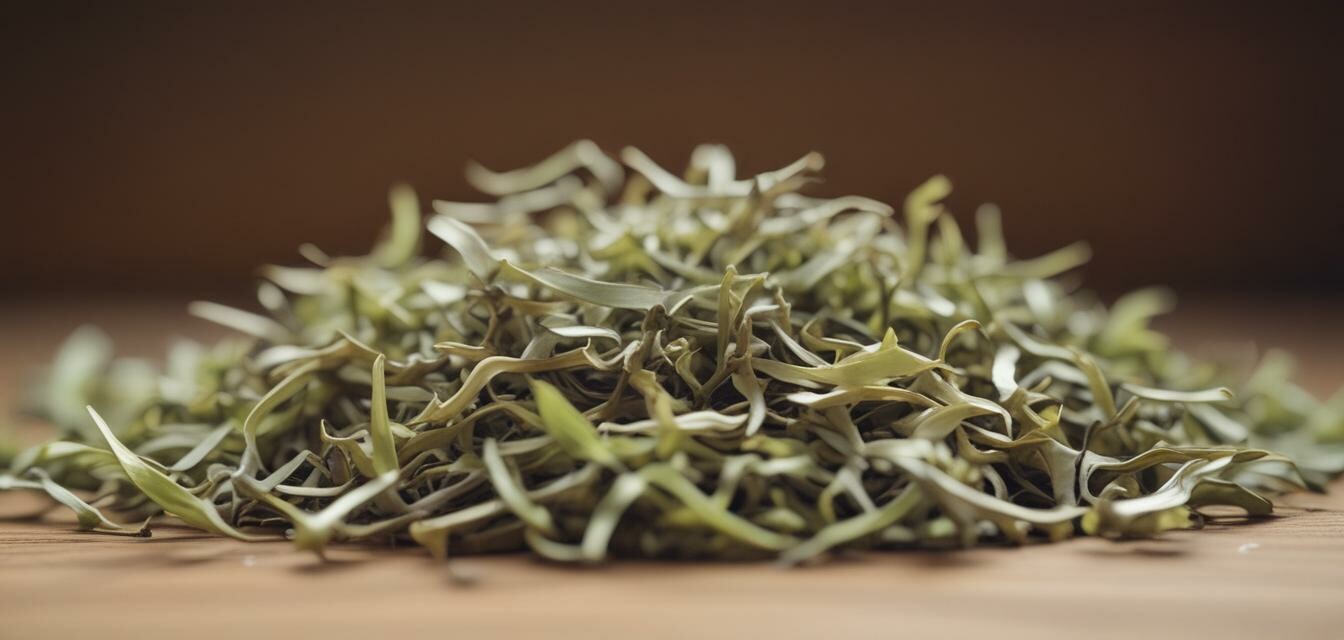
White Tea: A Delicate and Sophisticated Brew
White tea is considered one of the most delicate and sophisticated types of tea, with a rich history and a unique flavor profile. In this article, we'll explore the world of white tea, its origins, production process, flavor profiles, and more.
Key Takeaways
- White tea is made from the young buds of the tea plant and is minimally processed.
- It has a light, delicate flavor and a high antioxidant content.
- White tea is often described as floral, fruity, and slightly sweet.
- It's a great choice for those looking for a low-caffeine, relaxing tea experience.
What is White Tea?
White tea is made from the young buds of the Camellia sinensis plant, which are harvested before they're fully open. This minimal processing is what gives white tea its unique flavor and aroma.
| Tea Type | Harvesting Time | Processing | Flavor Profile |
|---|---|---|---|
| White Tea | Early spring, before buds open | Minimal, withering, and drying | Light, delicate, floral, and fruity |
| Green Tea | Spring and summer | Steaming, pan-frying, or rolling | Grassy, vegetal, and slightly bitter |
| Black Tea | Summer and fall | Rolling, oxidation, and firing | Strong, rich, and complex |
Production Process
The production process of white tea is labor-intensive and requires great care. The young buds are harvested by hand, usually in the early morning, to prevent oxidation. The buds are then withered, dried, and packaged to preserve their delicate flavor.

Flavor Profiles
White tea is known for its light, delicate flavor, which is often described as floral, fruity, and slightly sweet. The flavor profile can vary depending on the region, climate, and production methods.
| White Tea Type | Flavor Profile |
|---|---|
| Silver Needle | Delicate, floral, and slightly sweet |
| White Peony | Fruity, floral, and slightly nutty |
| Shou Mei | Rich, fruity, and slightly spicy |
Health Benefits
White tea is rich in antioxidants and has been shown to have various health benefits, including improving cardiovascular health and reducing the risk of certain diseases.
Pros
- High in antioxidants
- Low in caffeine
- May improve cardiovascular health
- May reduce the risk of certain diseases
Cons
- Can be expensive
- May be difficult to find high-quality white tea
Conclusion
White tea is a unique and sophisticated brew that offers a delicate flavor and a range of health benefits. Whether you're a tea enthusiast or just looking to try something new, white tea is definitely worth exploring.
Ready to explore the world of white tea? Check out our White Tea Elegance section for a variety of high-quality white teas to suit every taste.
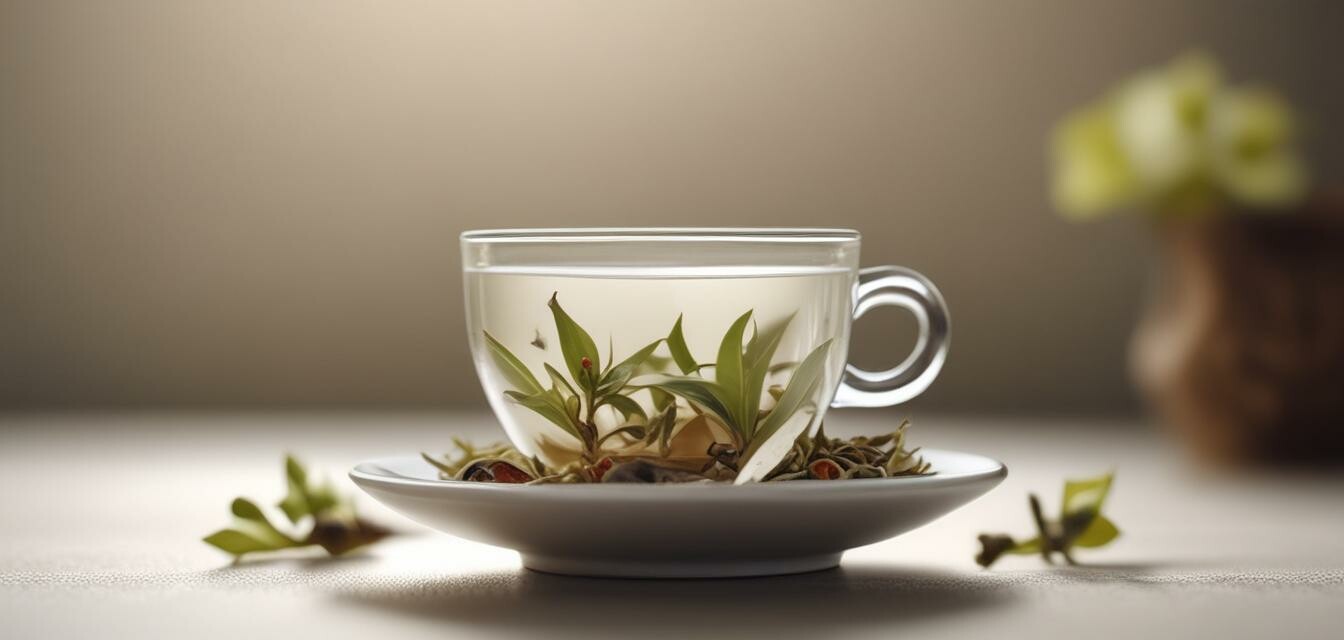
Beginners Section
- Start with a high-quality white tea to appreciate its delicate flavor.
- Use filtered water to prevent any impurities in the water from affecting the taste.
- Brew white tea for a shorter time to prevent bitterness.
- Experiment with different brewing temperatures to find your perfect cup.
Want to learn more about tea? Check out our articles on Black Tea Varieties, Green Tea Blends, and Oolong Tea Discoveries.
